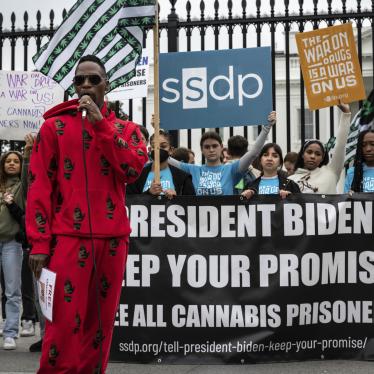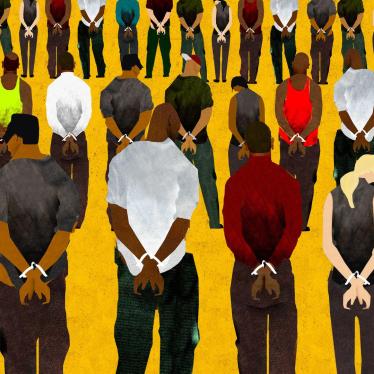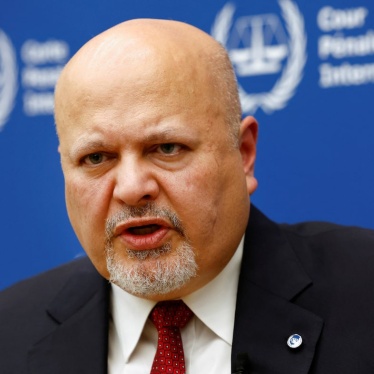US Attorney General Eric Holder will reportedly announce plans today for the reform of federal mandatory minimum sentences for low-level drug offenders. The announcement may mark the beginning of the end of a quarter century of egregiously harsh sentences that have fueled the explosive growth of the federal prison population. Holder will seek to change the way federal prosecutors charge low-level drug crimes and will press for reform legislation.
During the “tough-on-crime” 1980s, Congress eliminated parole and increased the number of federal offenses subject to mandatory minimum prison sentences, including for federal drug offenders. The sentences are keyed to the quantity of drugs involved in the crime – which means someone hired to drive some drugs across town can receive the same 10-year mandatory sentence as the major dealer who hired him and reaps the profits from selling the drugs. Worse, at the prosecutor’s sole discretion, the sentences can be doubled – or turned into life without parole – if the offender has one or two prior drug convictions – however long ago, however insignificant.
In the course of my research for Human Rights Watch, I have come across plenty of cases like these:
- a 45-year-old accountant who received a life without parole federal sentence after being convicted of selling small amounts of crack cocaine because she had three prior state convictions for possessing crack for her own use 10 years earlier;
- a 20-year-old, small-time, street-level drug dealer’s assistant, who acted as a go-between in the sale of a total of 88 grams, or 3 ounces, of crack, earning himself $140, and was sentenced to a mandatory minimum of five years because two of his crack sales exceeded the threshold quantity of 28 grams;
- a nursing assistant in North Carolina with no criminal history who, because she collected and counted money a handful of times for her drug-dealing brother, was sentenced to 20 years in prison.
Three-quarters of federal mandatory minimums in 2012 were for drug offenses and almost 50 percent of the federal prison population is now serving a sentence for drugs. A third of drug offenders in 2012 received 10-year mandatory minimum sentences. More than two-thirds of street-level dealers, defined as those who sell directly to users in quantities of less than one ounce per sale, received a mandatory minimum sentence, serving an average of almost six-and-a-half years.
Reforming federal drug sentencing policy will have an enormous impact both on the lives of those who break federal laws and on their families. But more is at stake as well – above all, public faith in the integrity of the federal criminal justice system.






